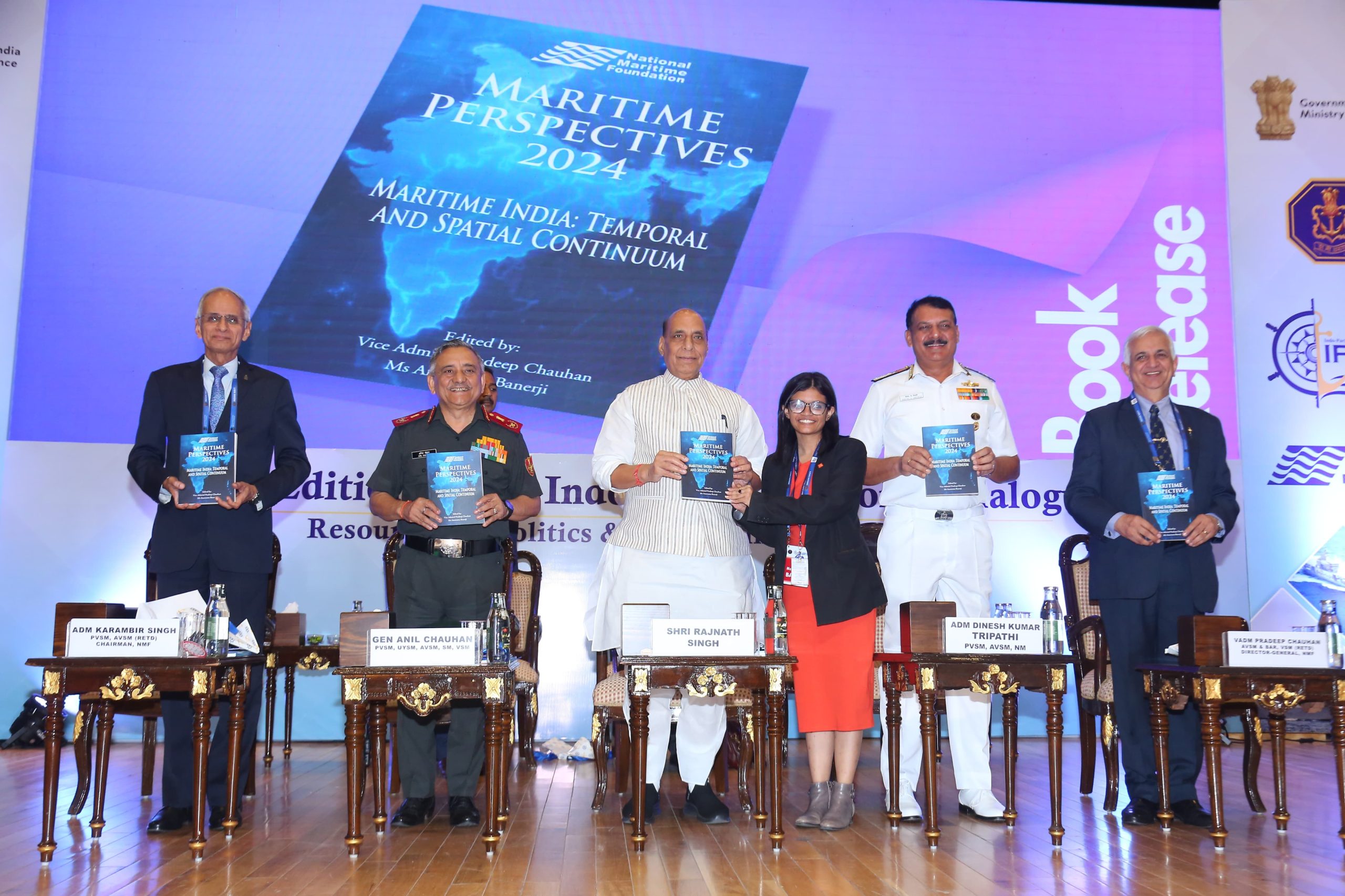New Delhi: Addressing the Indo-Pacific Regional Dialogue (IPRD) 2024 in New Delhi on October 4, 2024, Raksha Mantri Rajnath Singh emphasized India’s vision for the Indo-Pacific, inspired by Prime Minister Narendra Modi’s concept of SAGAR (Security and Growth for All in the Region). The minister highlighted the importance of partnerships that prioritize sustainable development, economic growth, and mutual security, stating that India is now regarded as a credible and preferred security partner in the region.
“India’s engagement with its partners is based on the understanding that true progress can only be achieved through collective action and synergy,” remarked Rajnath Singh. He reiterated India’s unwavering commitment to a rule-based international order, adherence to international law, and principles set forth in the UN Convention on the Law of the Sea.
In his address, the Raksha Mantri acknowledged India’s proactive role in fostering cooperation among nations in the Indo-Pacific, particularly emphasizing the centrality of ASEAN in promoting regional dialogue, stability, and collective growth. He stated, “India has consistently advocated for a peaceful resolution to disputes.”
Rajnath Singh underscored India’s dedication to securing vital international maritime routes and enhancing collective maritime security through regional partnerships, joint exercises, and information-sharing initiatives. He expressed that the Indian Armed Forces, particularly the Navy, are at the forefront of these cooperative endeavors, focused on building regional capacity and capabilities.
The minister pointed out the rapidly evolving global maritime landscape, influenced by shifting power dynamics, resource competition, and emerging security threats. “The Indo-Pacific region has emerged as the world’s most dynamic geopolitical zone and is the center of gravity for economic and strategic interests,” he stated, acknowledging the ongoing geopolitical competition for marine resources.
Rajnath Singh shared insights on ‘Global Commons,’ referring to shared natural resources like oceans, outer space, and clean air, which are essential for maintaining a sustainable planet. He stressed the importance of balancing competing interests to reap ecological, economic, and social benefits that transcend national boundaries.
He warned of the “tragedy of the commons,” where individual self-interest leads to the depletion of shared resources, advocating for a collective international approach to manage these challenges sustainably. “Evidence of this tragedy, including environmental degradation and geopolitical tensions, is already visible,” he noted, urging preemptive measures to mitigate potential damage.
The Raksha Mantri expressed concern over attempts to monopolize and weaponize critical resources for strategic reasons, describing such tendencies as detrimental to global well-being. He called for peaceful coexistence among nations, drawing on ancient Indian philosophy of harmony with nature as a guide for exploring and managing marine resources.
Admiral Dinesh K Tripathi, Chief of the Naval Staff, emphasized the significance of the Indo-Pacific oceanic spaces for India’s economic growth and security, advocating for collaboration as the means to achieve the vision of collective prosperity and security in the region.
During the event, Rajnath Singh released a book titled ‘Maritime India: Temporal and Spatial Continuum,’ published by the National Maritime Foundation (NMF). The conference also featured attendance from Chief of Defence Staff General Anil Chauhan, Chief of the Army Staff General Upendra Dwivedi, Chief of the Air Staff Air Chief Marshal AP Singh, and several senior officials from the Ministry of Defence.





